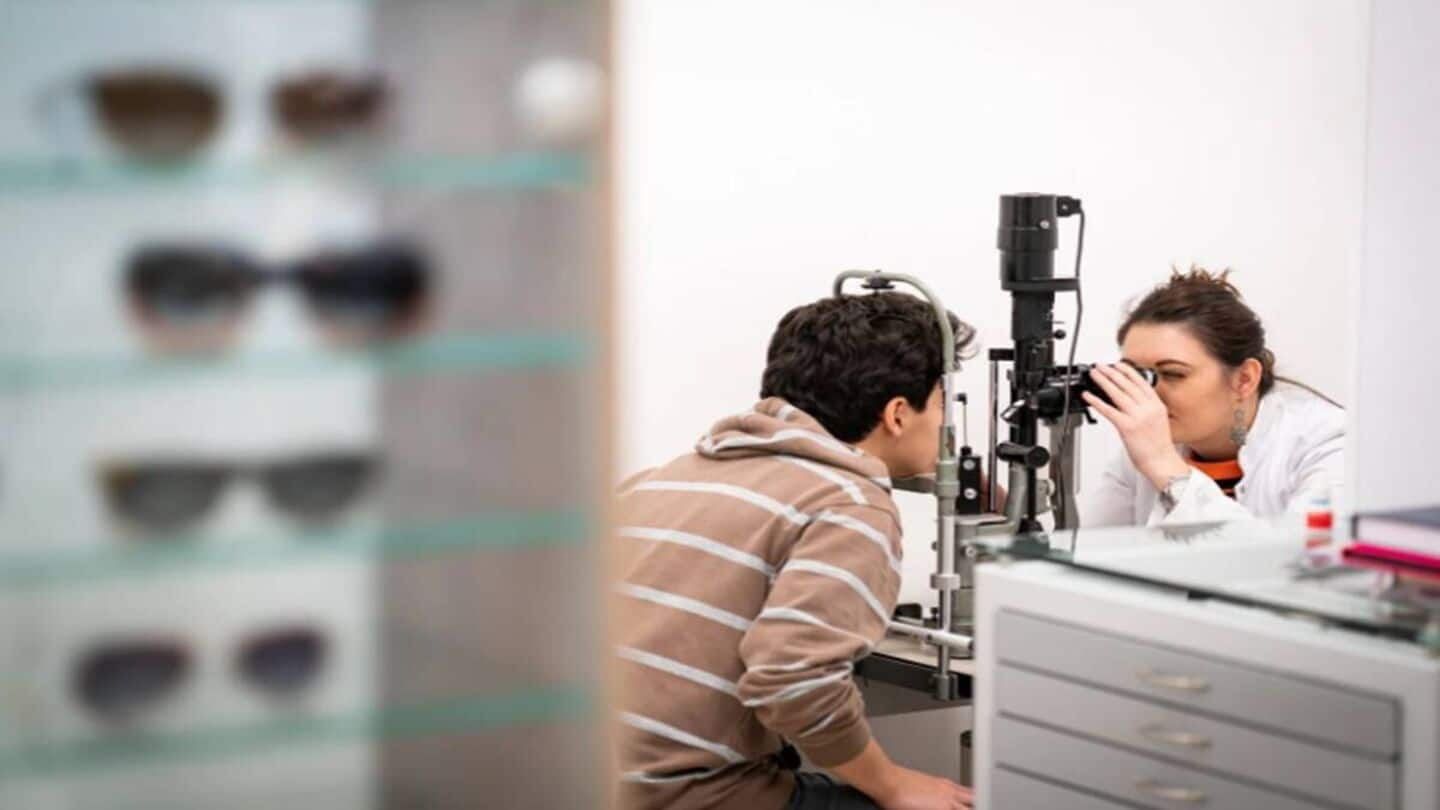
AI can predict vision problems before symptoms appear: ZEISS India
What's the story
Artificial Intelligence (AI) algorithms and other deep-tech innovations could revolutionize eye care by detecting vision problems long before any symptoms appear. ZEISS India, a subsidiary of German optics and medical tech giant Carl Zeiss AG, has said that the future of eye care will depend on predictive and preventive technologies powered by robotics, generative AI (GenAI), and deep-tech.
Technological advancement
How AI can help in eye care
Traditionally, eye scans depended on human analysis and were labor-intensive due to the need to analyze large data sets. However, AI can process these vast amounts of data quickly and accurately, helping detect anomalies at an early stage. Dipu Bose, Head of Medical Technology at ZEISS India, said this could solve one of the biggest challenges in eye care: late detection.
Predictive power
Preventing irreversible blindness
Bose highlighted conditions such as diabetic retinopathy, glaucoma, or macular degeneration often start with subtle retinal changes. AI can identify these early signs years before patients even realize they have any symptoms. This timely intervention could prevent irreversible blindness in many cases. Bose also emphasized that AI can analyze thousands of eye images within seconds with high accuracy. The technology learns patterns from large datasets of eye scans and medical records, making it capable of detecting even the smallest changes.
Healthcare revolution
Shift from reactive to proactive eye care
Bose said that AI, GenAI, robotics, and deep-tech are changing clinical outcomes in India. He stressed the need for a shift from reactive to proactive and precision-driven eye care. This would mean using technology not just for treatment but also for prediction, prevention, and personalization of patient care even before symptoms show up.